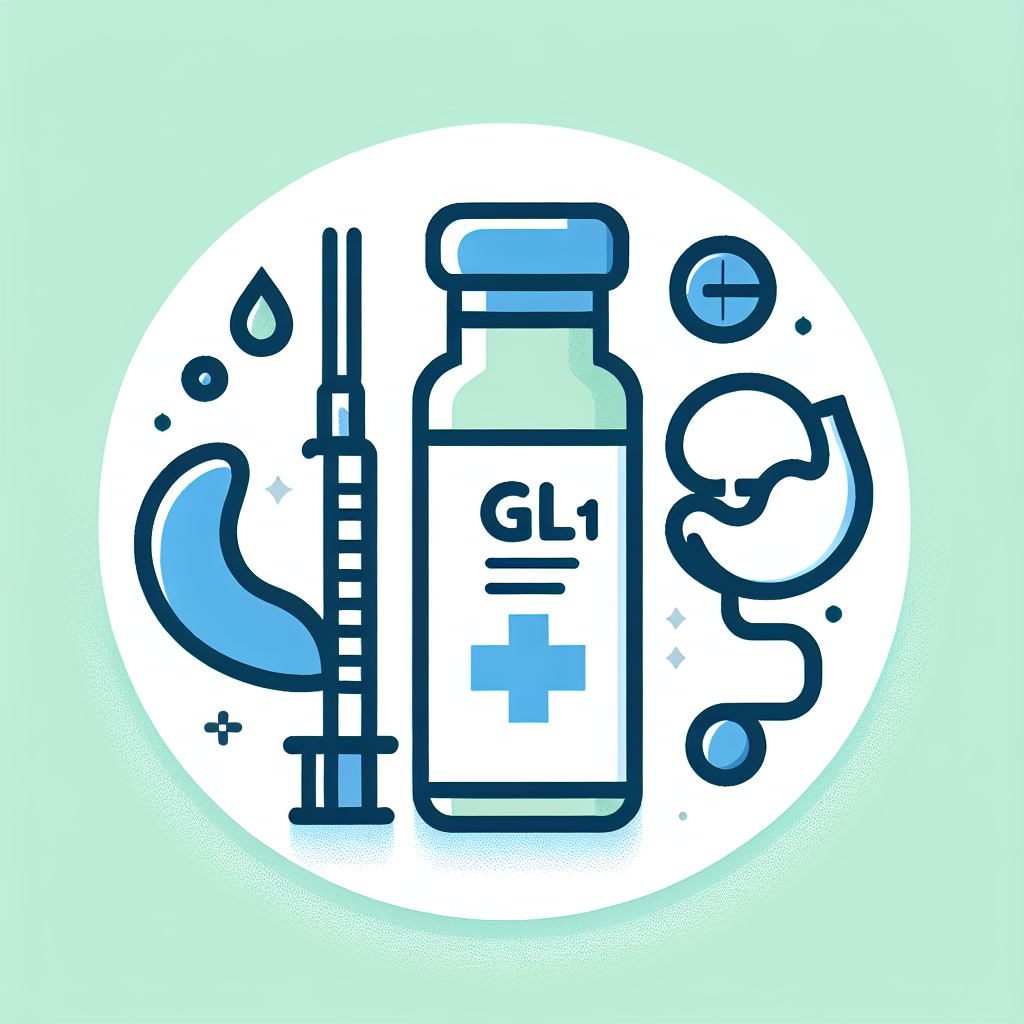GLP-1 Drugs Show Promise in Reducing Obesity-Related Cancer Risks for Type 2 Diabetes Patients
A recent study indicates that patients with type 2 diabetes who use GLP-1 treatments, including Ozempic, have a lower risk of developing obesity-related cancers compared to those using insulin or other diabetes medications.

Patients with type 2 diabetes taking GLP-1 treatments, which include Ozempic, have a lower chance of developing 10 types of obesity-related cancers than those taking insulin and other diabetes drugs, according to a study published on Friday.
The research, featured in JAMA Network Open, reviewed the medical records of 1.6 million diabetes patients. These GLP-1 treatments, like Novo Nordisk's Ozempic and Eli Lilly's Mounjaro, have been more successful in managing blood sugar levels and inducing weight loss compared to older therapies. Records spanned from March 2005 to November 2018, although Ozempic received FDA approval in December 2017.
The study highlights "preliminary evidence of the potential benefit" of GLP-1 drugs in reducing cancer risks, urging further research into their preventative effects. The researchers noted they did not receive funding from companies marketing these drugs. The popularity of these treatments has soared, with newer versions showing significant potential in other health areas, including reducing the risks of stroke and heart attack among overweight adults without diabetes.
(Disclaimer: With inputs from agencies.)
ALSO READ
Emperor Naruhito Visits UK's Prime Medical Research Hub
FDA Approves Eli Lilly's Donanemab for Early Alzheimer's, Marking Significant Progress
Elevated Eye Risk Found in Novo Nordisk's Semaglutide Users
Novo Nordisk Faces Reprimand for Undisclosed Payments in the UK
Health Sector Headlines: Novo Nordisk Reprimand, Indian Pharma Seeking Incentives, and More










